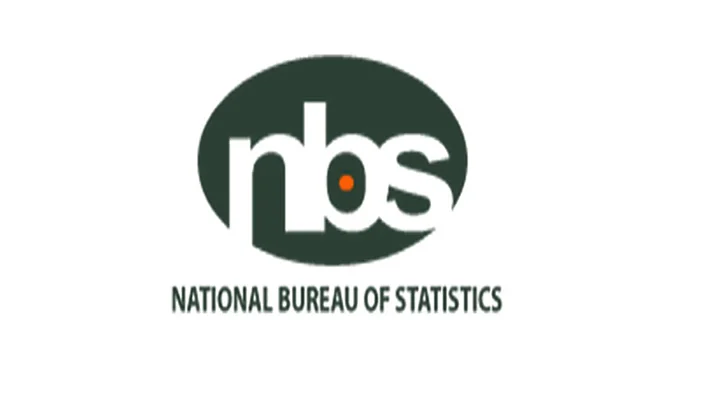Nationwide inflation dampens celebrations as Nigerians struggle to afford essentials
As Nigerian Muslims join others globally to mark Eid-el-Kabir, the festive spirit has been heavily dampened by sharp increases in the prices of food items, livestock, and transport fares across the country. From Lagos to Ibadan, Kano to Ilorin, many citizens are grappling with economic hardship, forcing a shift in traditional celebration patterns.
Ram Prices Out of Reach for Many
The cost of rams, which are central to the Eid sacrifice, has risen astronomically. In Lagos, medium-sized rams now range from ₦250,000 to ₦700,000, while smaller rams go for no less than ₦400,000. In Abeokuta, big rams are priced as high as ₦900,000. Traders attribute this surge to increased transportation costs and security challenges in the North, where the animals are sourced.
With many unable to afford rams, more Muslim faithful are opting for cows, which allow for cost-sharing among families. In Lagos, a cow now sells between ₦800,000 to ₦1.5 million.
Food Prices Skyrocket in Major Markets
From tomatoes to peppers, staples in festive meals have seen prices triple in some cases. In Lagos' Oyingbo market:
-
A basket of tomatoes now sells for ₦220,000 (up from ₦160,000 last week).
-
A bag of Scotch Bonnet (ata rodo) costs ₦200,000, up from ₦110,000.
-
Bell pepper (tatashe) is now ₦200,000 per bag (formerly ₦130,000).
-
Cooking oil and even eggs have surged, with a crate now priced between ₦6,000–₦7,000.
In Ibadan, many rushed for last-minute purchases at Bodija Market. A ram seller, Alhaji Ganiyu, lamented poor patronage: “Many can’t afford to buy even one ram.” A mother, Khadija, shared her distress: “Despite saving for months, we’ll have to make do with what we can.”
Mixed Trends Across the States
-
Kwara: Transport fares from Ilorin to Lagos tripled from ₦10,000 to ₦30,000. Rice prices dropped slightly to ₦60,000–₦62,000 per bag.
-
Osun: Food prices remain stable but transport fares nearly doubled.
-
Ogun: A basket of tomatoes rose from ₦45,000 in May to ₦150,000, with pepper peaking at ₦170,000.
-
Kaduna: Prices of food items remained stable or dropped, but intra- and interstate transport fares rose by over 30%.
-
Kano: Livestock and vegetables saw sharp hikes. A basket of tomatoes went from ₦20,000 to ₦40,000; pepper from ₦80,000 to ₦150,000.
-
Sokoto: Uniquely, food prices dropped drastically, with rice falling from ₦90,000 to ₦63,000, and potatoes from ₦20,000 to ₦12,000. Traders credit this to surplus supply and economic downturn.
Transport Fares Pinch Commuters
Nationwide, travelers face exorbitant fare increases:
-
Ilorin to Lagos: ₦30,000 (up from ₦10,000)
-
Osogbo to Ibadan: ₦4,000 (up from ₦2,500)
-
Kaduna to Abuja: ₦10,000 (up from ₦7,000)
-
Kano to Lagos: ₦35,000 (up from ₦27,000)
Coping Strategies and Market Shifts
Many Nigerians are adapting:
-
Some are purchasing younger rams (₦130,000–₦250,000).
-
Others are switching to dried pepper instead of fresh ones.
-
Collective cow purchases by multiple families have become more common.
A Bleak Yet Resilient Celebration
Despite economic pressures, the essence of Eid – sacrifice, unity, and gratitude – remains alive. But for many, the hardship is a sobering reminder of Nigeria’s deepening cost-of-living crisis.




